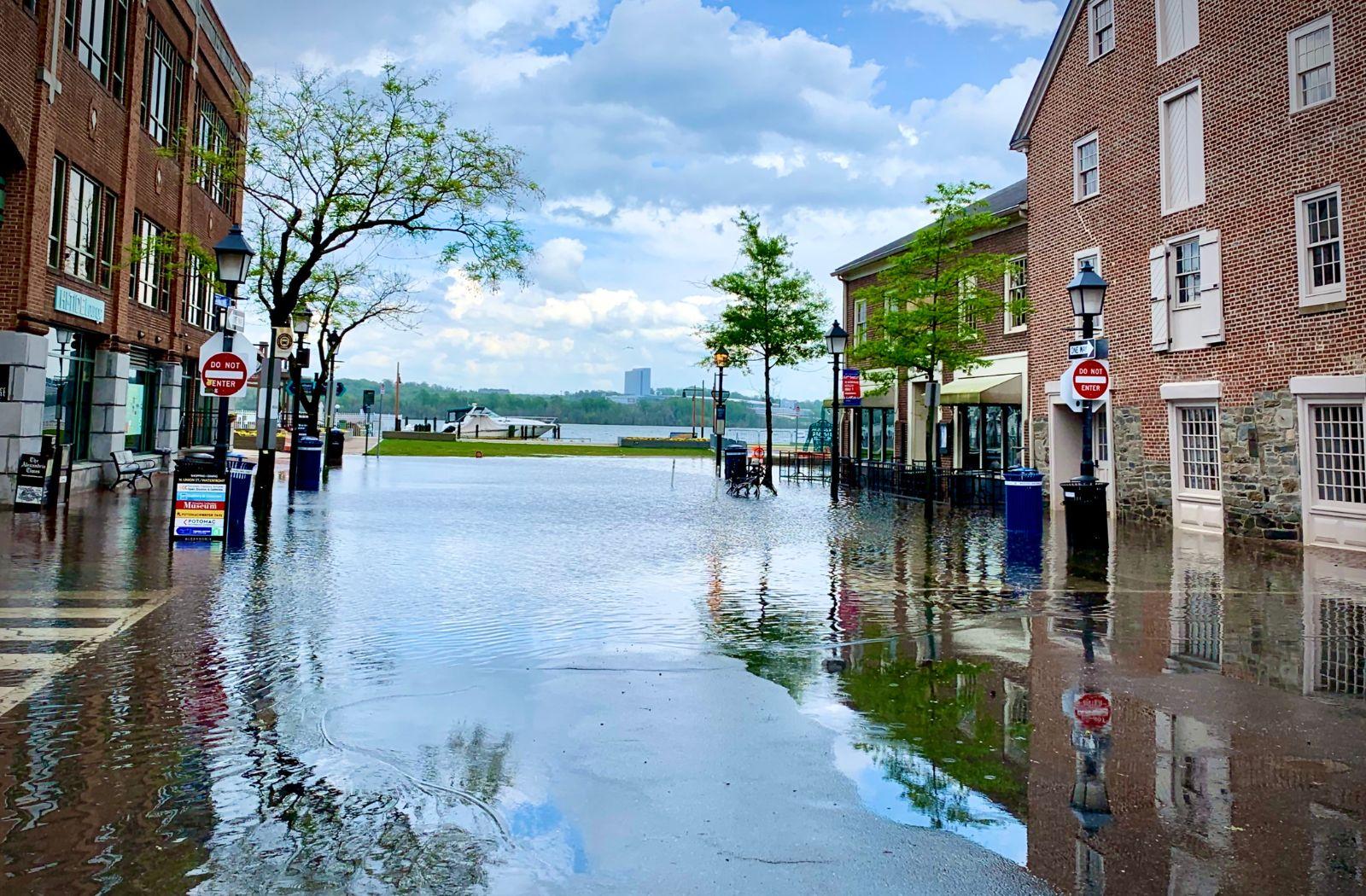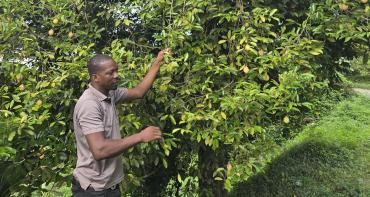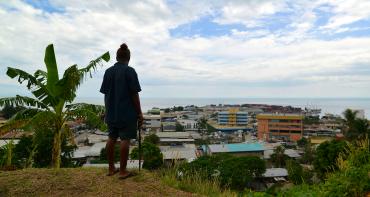In the first in a two-part assessment of the global economic outlooks ahead of the Commonwealth Finance Ministers Meeting in Washington on 13 October 2025, Dr Thomas Munthali, Head of Economic Policy and Small States at the Commonwealth Secretariat, sets out the challenge facing member countries.

The global economy has barely recovered from COVID-19, yet fresh waves of shocks are clouding prospects once again. For many Commonwealth countries, already vulnerable to external headwinds, the stakes are high. Rising trade tensions, shrinking aid flows, tightening financial conditions, and surging debt burdens threaten to stall growth and deepen inequalities. At the same time, climate change and natural disasters compound fiscal fragilities, particularly in small and vulnerable states, which comprise 33 of the Commonwealth’s 56 member countries.
Yet within these challenges lie opportunities—opportunities for innovation, cooperation, and transformation. The Commonwealth’s collective resilience, if harnessed, can chart a course toward sustainable and inclusive growth.
The challenge
Global growth rebounded from -3.1% in 2020 to 6.3% in 2022, but momentum is fading. Due to ongoing economic policy uncertainty, global economic growth forecasts for 2025 have already been revised downward to 3.1 percent from the previous forecast of 3.7 percent. Geopolitical fragmentation, new tariffs, and escalating tensions could shave off as much as 1% of global GDP by 2027. A World Economic Forum scenario even suggests fragmentation could wipe out $5.7 trillion—5% of global GDP, a shock larger than the 2008 crisis or COVID-19 in the next two years.
For the Commonwealth states, the risks are elevated. Despite the 21% Commonwealth trade advantage, most members trade more with the US, Europe, and China than with each other, making them vulnerable to external disruptions. Aid dependence is significant, especially in Small Island Developing States, where external aid accounts for 26% of total financing, compared to just 1% in non-Commonwealth peers. Yet aid flows are shrinking, with the UK, France, and the US all announcing cutbacks. This comes at a time when financing needs are increasing.
Public debt compounds these pressures. Across the Commonwealth, repeated shocks, natural disasters, and volatile financial conditions have pushed borrowing to precarious levels. In 2025, eight member states carry debt above 100% of GDP, while another 24 hover between 60% and 100%. These levels pose risks to fiscal sustainability and long-term growth, especially when coupled with rising borrowing costs and risk perceptions.
The impacts
The effects of these global shifts are uneven across the Commonwealth. Trade, a critical driver of growth, is under strain, with the World Trade Organization revising its 2025 outlook down from 3% growth to a 0.2% contraction. Small, open economies face serious risks to exports and jobs. Growth trajectories diverge: while Canada and Nigeria have gained from tariff easing, countries such as Malaysia and Singapore face weaker prospects due to reduced trade and investment uncertainty.
Fiscal vulnerabilities are intensifying. Small states already burdened by debt are seeing deficits widen further, leaving limited fiscal space for development spending. The planned 1% US remittances tax and associated stringent procedures in 2026 threatens to reduce household incomes in some of the most remittance-dependent economies across the Commonwealth, from Tonga and Samoa to Jamaica. Investor confidence is faltering, with Foreign Direct Investment into developing economies is less than half its 2008 peak, undermining long-term growth in countries such as South Africa and Nigeria.
Central banks face growing pressures as well. External borrowing has become more costly, while underdeveloped domestic debt markets limit fiscal flexibility. Shallow investor bases, illiquid secondary markets, and structural gaps constrain the ability to rely on local financing. Without innovation and cooperation, members risk prolonged financial fragility.
Dr Thomas Munthali is Adviser and Head of Economic Policy and Small States at the Commonwealth Secretariat.



